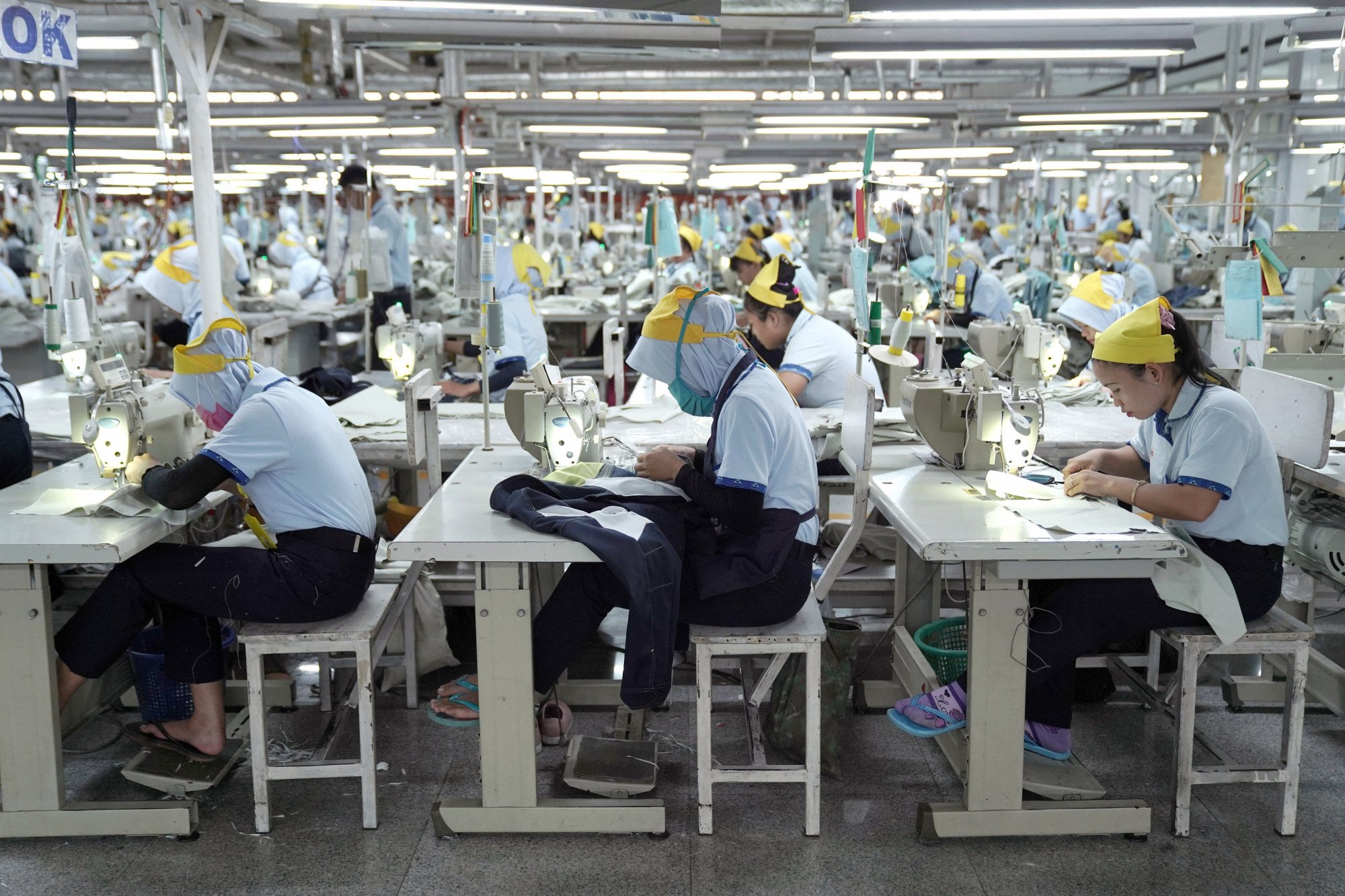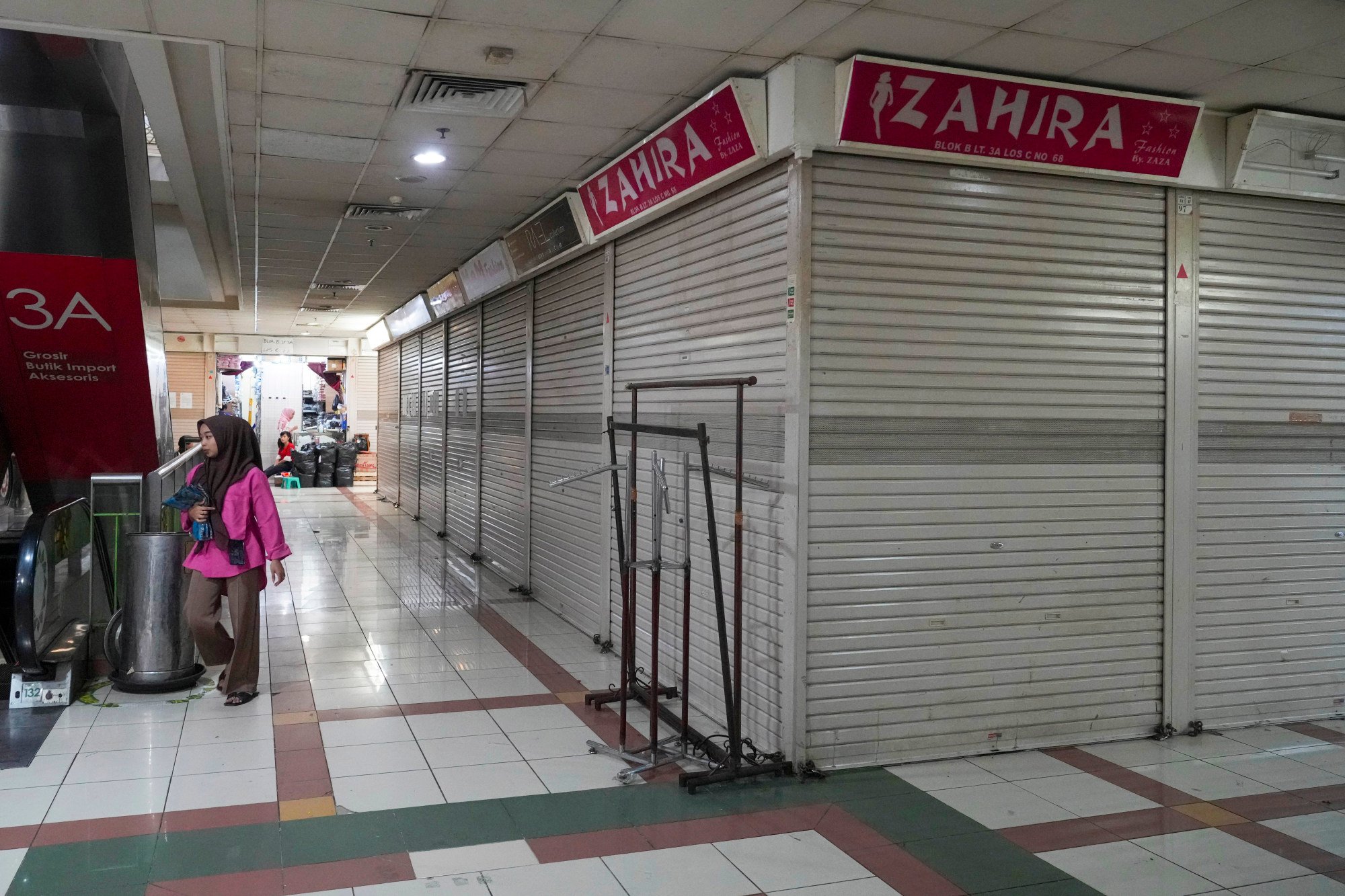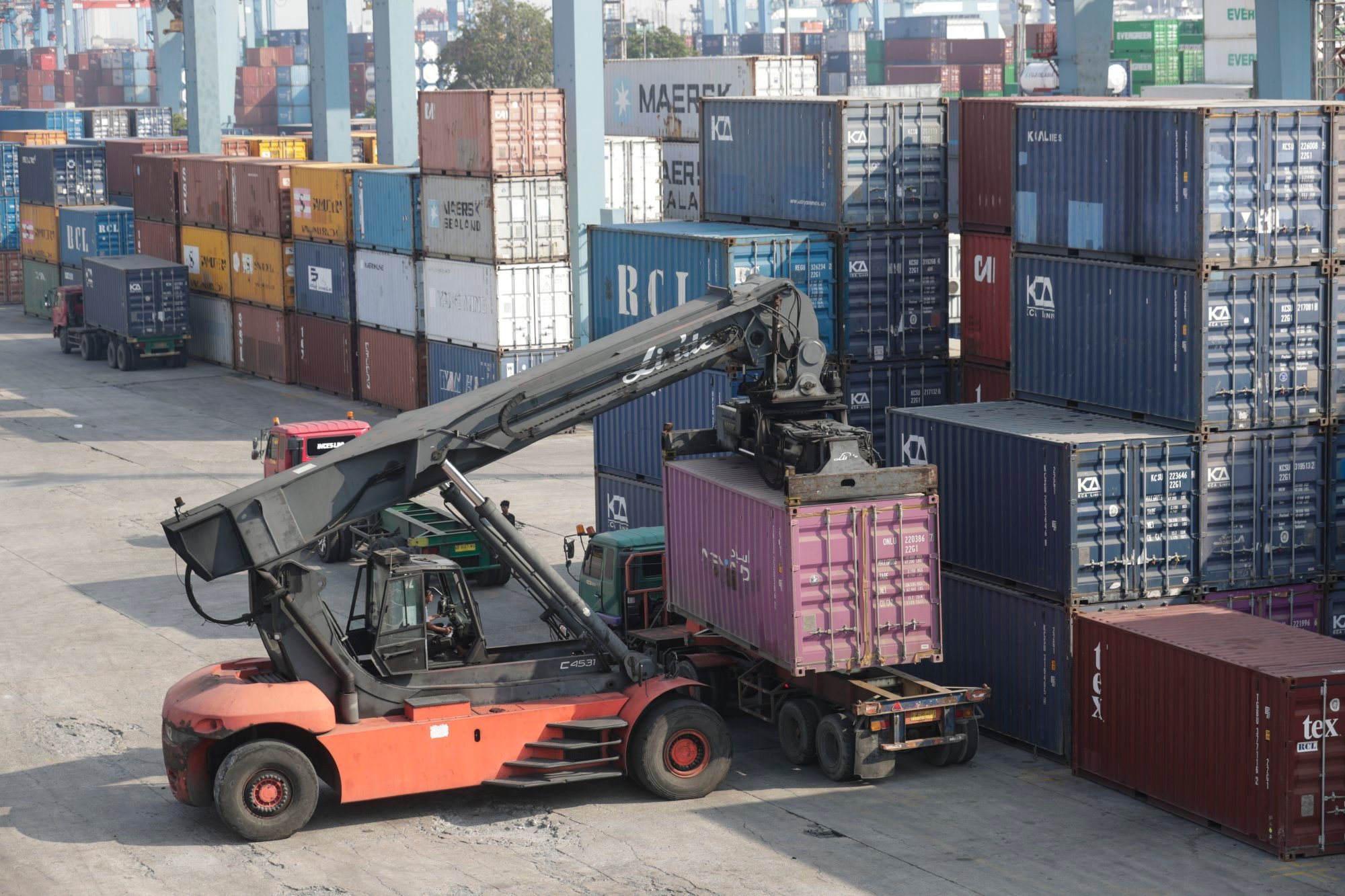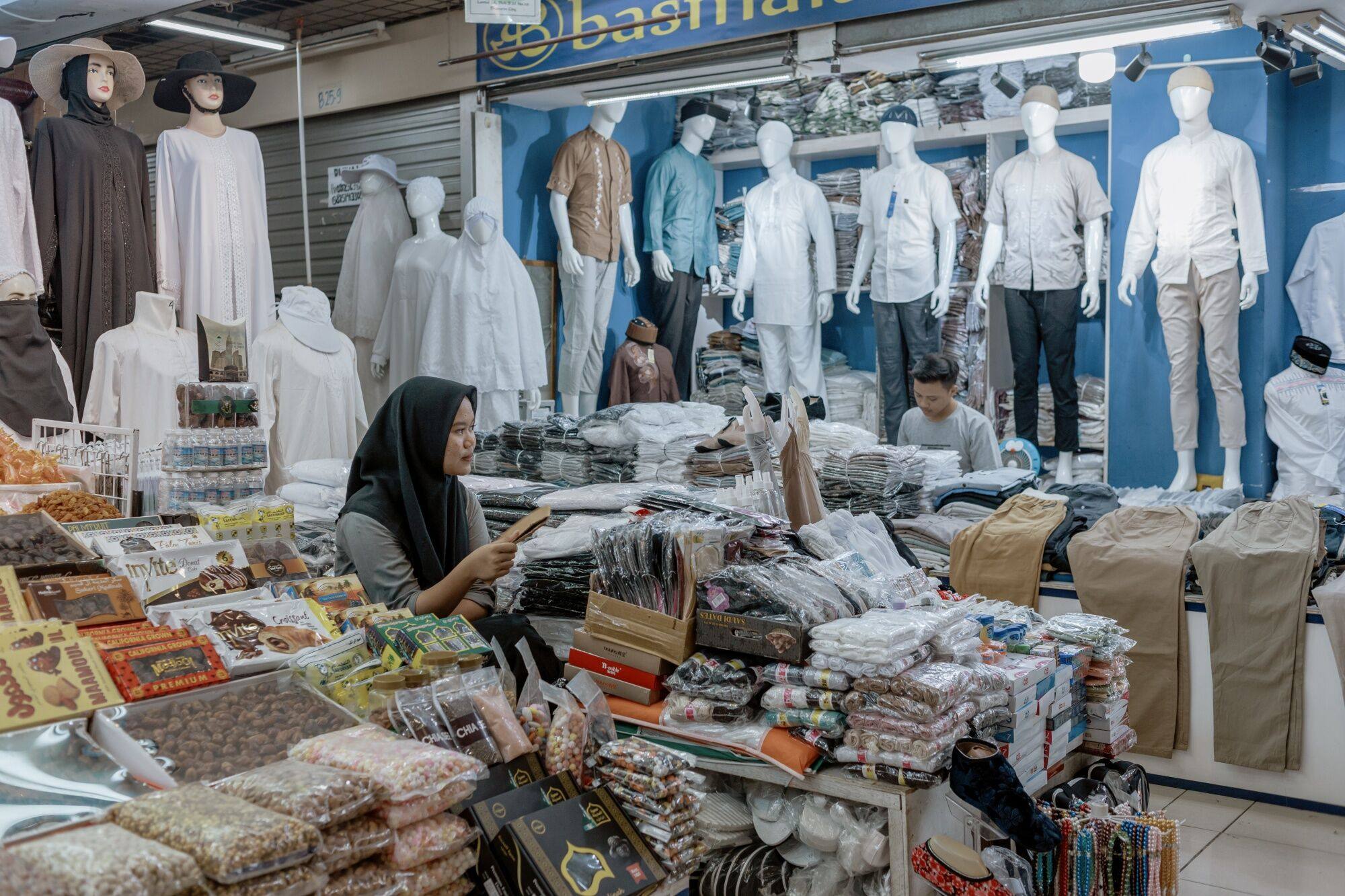
Indonesia plans tariffs of up to 200% on China-made products to protect domestic industries
- An influx of Chinese-made products has hurt Indonesia’s textile industry as companies struggle with lay-offs and revenue loss
The tariff plan was first revealed by Trade Minister Zulkifli Hasan last week.
The Ministry of Finance last week also said it was preparing a regulation to impose taxes known as safeguard duties and anti-dumping duties on China-made textiles, garments, footwear, electronics, ceramics and cosmetics.

Among the industries affected by the influx of Chinese-made products is the labour-heavy textile sector, which employs around 3.9 million people in Indonesia, or nearly 20 per cent of the total manufacturing labour force.
Financial struggles have also plagued Sritex, one of Indonesia’s biggest textile and garment producers. The company recorded a revenue of US$325 million last year, a 38 per cent decline from its US$524.6 million in revenue in 2022.
Between January and May this year, Sritex also laid off 3,000 workers, or 23 per cent of its total workforce, the company said.
While the company denied a recent media report that it was bankrupt, it admitted it was now running its business using “internal cash and sponsor support”.

The China factor
China also ran trade surpluses last year with some 173 economies and a deficit with only 53 – mostly commodity exporters – according to Hofman’s estimates.
Indonesia posted a US$2.057 billion trade surplus with China in 2023, after deficits of US$1.8 billion and US$2.4 billion in 2022 and 2021, respectively, according to data from the statistics agency.

The planned new measures on China-made products are meant to complement existing import barriers, such as a 2023 regulation on import controls through post-border checks.
The regulation proved to be controversial, as the carry-on, tax-free personal possessions of returning Indonesian migrant workers and travellers were limited to 56 products worth no more than US$500.
Under the regulation, importers are also required to obtain an additional import permit from the Ministry of Industry, called technical considerations.
More than 26,000 containers were held up at major ports in Jakarta and Surabaya after the regulation took effect in March, which stakeholders said disrupted the domestic manufacturing industry.
In May, the trade ministry overturned the regulation and relaxed import controls on certain categories of goods to ease the port congestion.

Jemmy Kartiwa Sastraatmaja, chairman of the Indonesian Textile Association, said the relaxed import rules proved to be “negative” for the textile industry.
The association had “communicated intensively” with the government in the past two days, but acknowledged the new tariffs “will not be issued instantly” and still required input from stakeholders, he added.
For now, labour group Indonesian Trade Union Confederation, or KSPI, is planning to take to the streets in Jakarta on Wednesday to urge the government to protect workers in the textile and garment industry, as well as courier and logistics, including by rolling back the import relaxation measures.
Jemmy urged Jakarta to take preventive measures against China’s product dumping, otherwise “the blow of deindustrialisation continues, and we will only become a market, which is very unfortunate”.

